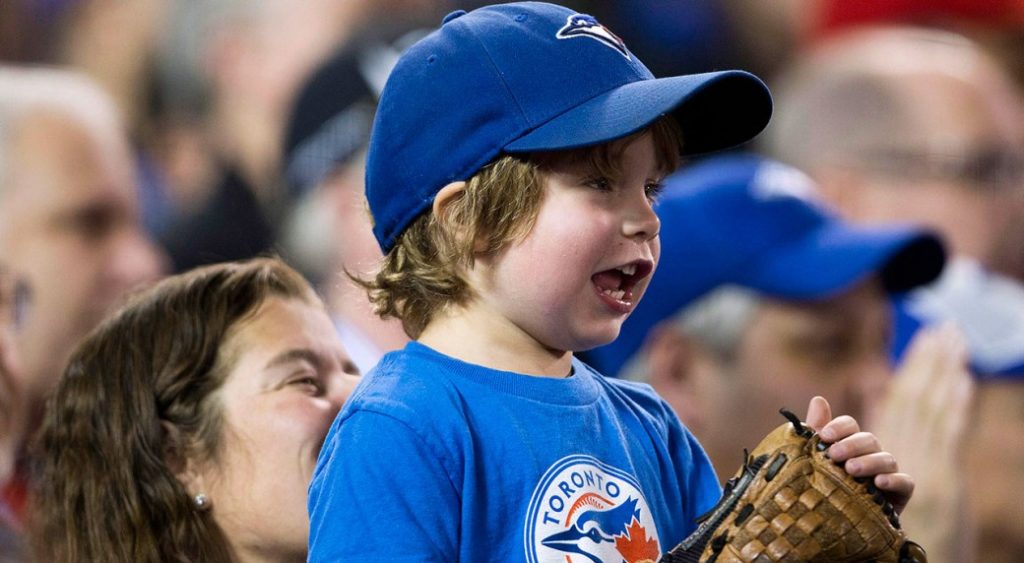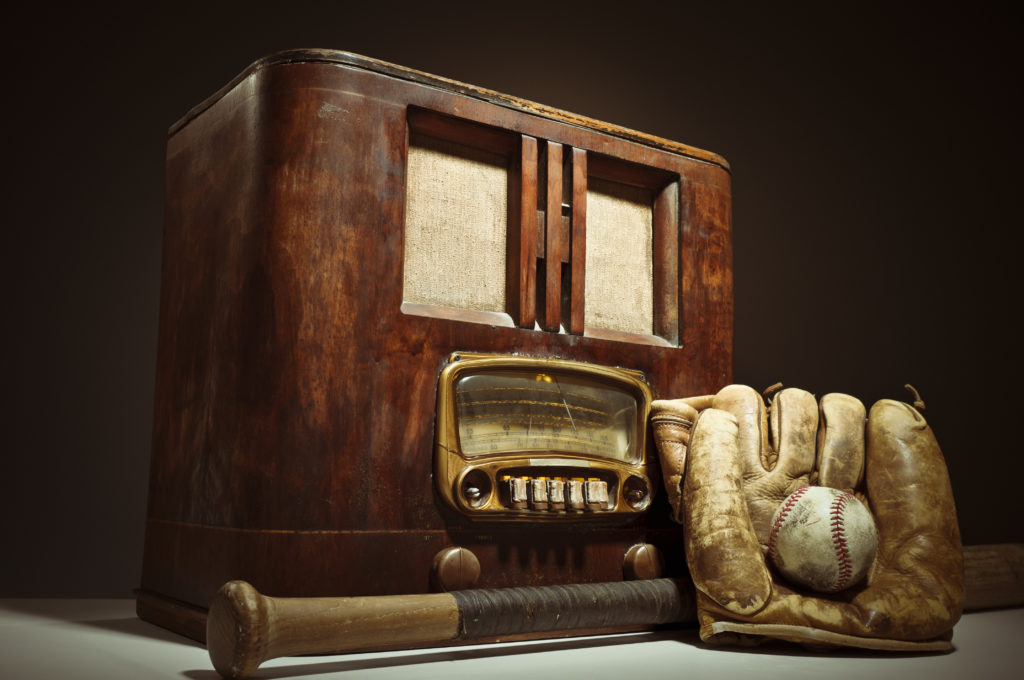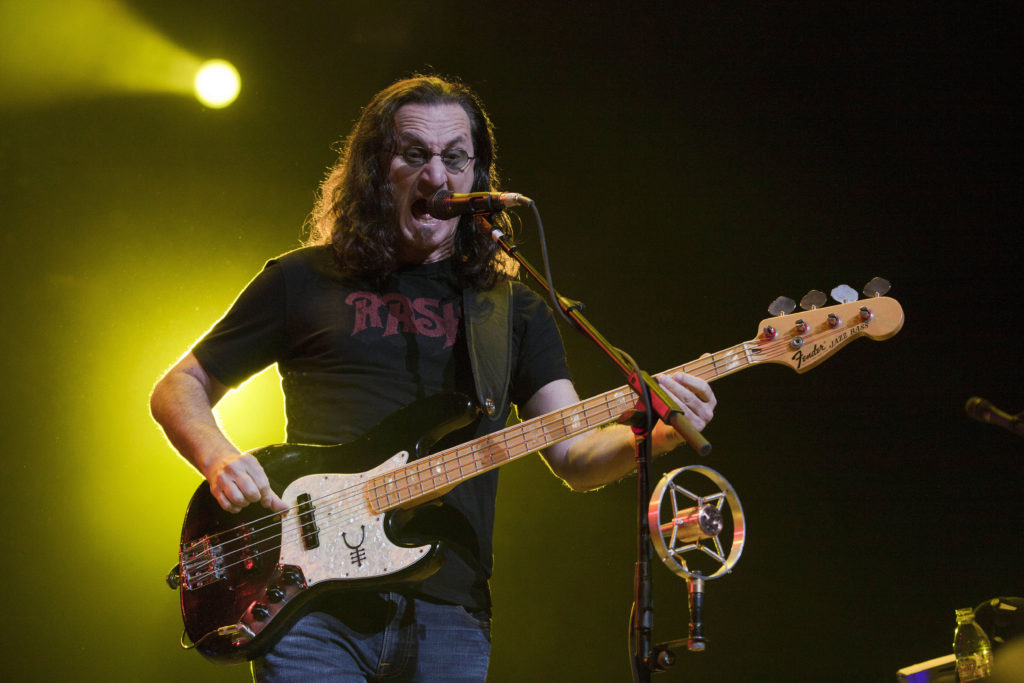
“The boy lies in the grass, unmoving
Staring at the sky
His mother starts to call him
As a hawk goes soaring by
The boy pulls down his baseball cap
And covers up his eyes.”
– Rush – “The Analog Kid”
One of the sure signs of spring and that life indeed goes on is the start of a new baseball season. And the 2021 MLB season is successfully underway, and there are actually fans in the stands – not to capacity (unless you’re in Texas).
We’re learning that just a few thousand fans can make a lot of noise. The players welcome hearing those oohs, aaahs, and other reactions from spectators MIA all last season. As good as the piped in crowd noise technology, it could not replicate real-time fan reactions to the game in front of them.
The same might be said of radio broadcasts of baseball games. For decades and decades, colorful announcers and commentators have make the diamond come alive with their words. And while many fans now enjoy watching games on TV (or on their phones), radio play-by-play is still a popular way to enjoy a baseball game.
But not everywhere.
A disturbing trend began last season when the Oakland A’s decided to lean into digital coverage by ending their local radio relationship and only providing the games via streaming (their branded A’s Cast).
 I blogged about the idiocy of this plan back in February of that year, predicting it would be a debacle. A mere six games into the delayed 2020 season, the A’s reversed course, and cut a deal with Bloomberg 960 in San Francisco, KNEW.
I blogged about the idiocy of this plan back in February of that year, predicting it would be a debacle. A mere six games into the delayed 2020 season, the A’s reversed course, and cut a deal with Bloomberg 960 in San Francisco, KNEW.
I’m pleased to tell you the A’s games are back – on the radio – this season. All 162 of them. Ken Korach and Vince Cotroneo are the duo in the booth, painting baseball pictures with their words.
But once owners get that taste of saving money by eliminating the radio side of their coverage, it could become a trend.
Last year, Orlando’s NBA team – the Magic – decided to fire their entire radio crew. The solution? Simulcast the TV audio.
Yes, I blogged about that one, too. And I asked, “Will fans notice their favorite radio announcers are gone? Or that it’s the TV team on the radio? Or that television play-by-play pales in comparison to its radio equivalent?”
What made it worse is that the Magic also cancelled their Spanish language version of their games, effectively disenfranchising thousands of fans in and around Central Florida.
So, welcome to 2021 and the new MLB season. Yes, we’re flirting with a “4th Wave” of COVID, but hoping the vaccine initiative moves faster than the variant.
And baseball is back on the radio.
Except in Toronto, where the Blue Jays are still heard on the radio but the games are now being described by the television commentators. Once it starts….
Canadian sports network Sportsnet made the call to simulcast Jays games with its TV team for the 2021 season – an MLB first.
Toronto is to Canada what New York City is to the U.S. And as MLB fans know, it is now the lone Canadian baseball franchise. According to Ultimate Classic Rock, Sportsnet blamed their decision to default to its TV coverage on “restrictions around the pandemic.”
But some of the most ardent Blue Jays fans aren’t buying it.
Including Rush front man, Geddy Lee,  who grew up listening to Dave Stieb, Cecil Fielder, George Bell, and David Wells work their magic on the diamond.
who grew up listening to Dave Stieb, Cecil Fielder, George Bell, and David Wells work their magic on the diamond.
Geddy grew up listening to the Jays on the radio. He fondly remembers listening to play-by-play on AM radio, coming home from “Cottage Country” on the weekends.
Geddy threw out the first pitch on Opening Day back in 2013, and his cardboard cutout appeared in the bleachers of the Rogers Centre during last year’s season.
In a recent interview on Fox, Geddy explained the differences between how games are described on the radio – and why it matters:
“There are nuances and descriptors that radio broadcasters share with their audiences that are simply not the same as a cabal of TV announcers, no matter how good they are. It’s a time-honored craft that requires a special ability to bring to life what we at home simply cannot see. This is a bad and regrettable decision.”
Indeed it is.
And as President Gerald Ford reminded us a generation or two ago:
“I watch a lot of baseball on the radio.”
But as slashing expenses becomes de rigueur in pro sports circles, radio broadcasters may find themselves on the short end of the bat.
Let’s remember the phrase, “Meet the audience where they are” doesn’t just apply to digital distribution, like mobile phones, laptops, and smart speakers. For many millions of baseball fans, radio is their gateway to the sport.
A Nielsen Scarborough study from 2017 confirmed it – more than 12% of adults in the U.S. listened to a game on the radio during the previous season – roughly 30 million fans.
This might be the time for the other 29 radio affiliates around the U.S. to spend a little money on research this season. MLB ownership might need some statistical persuasion to support the idea there’s still great ROI with dedicated radio play-by-play.
It generates ratings and revenue, while providing fans of all ages with a way to “watch the games” even when they’re not near a TV. Especially in a season where we don’t know how long MLB games will have limited in-stadium capacities.
Sadly, the radio industry might need to reinforce its proof of concept when it comes to fan consumption of baseball over the AM and FM bands.
The last thing the league needs is to shed more fans, especially passionate and smart ones like that bass player from Rush.
He might even write a song about it.
- Media And Technology In 2025: Believe It Or Not! - April 18, 2025
- In Radio, You Just Never Know - April 17, 2025
- The Secret To Making A Great Podcast (And Great Radio) - April 16, 2025




Maybe I don’t understand the economics of sports radio play-by-play, but how to teams save money by eliminating radio? Don’t the radio stations pay for the rights, produce the game (including announcers), and try to make that money back from advertising?
I believe that in this case, Jay, the core savings is salary and benefits for the radio team, as well as their travel expenses when they’re on the road with the team. That’s what we’re talking about here.
Using TV Audio in order to provide a radio broadcast on a baseball game, or really any play by play sport is a hollow experience. The skill set for calling a TV game is different from that needed to call a radio broadcast. A radio team must survey the entire field and accurately describe what is happening. What did the play look like? Why did the error happen? On television, since the audience can see for themselves, what is happening on the field, the team focuses on other things. Locker Room stories. What they learned in a recent interview with the manager or one of the coaches. Discussing replays (not visible to the radio listeners). Is just different, and I hope that team owners “get” this, and don’t go cheap on the radio broadcast.
It is lazy and cheap, Thom, and it’s an affront to the millions of fans who depend on HEARING the games while they’re doing something else.
So many stations are whining about “content;”
need more/innovative content. A word I hate btw—sounds so antiseptic, like a beancounter came up with it.
You want fresh, must-hear programming? HIRE GEDDY FREAKING LEE FOR BLUE JAYS GAMES ON RADIO.
How many millions of Rush fans are there still? And with nothing new from the band on the horizon where do they go to connect? To the local rock station to hear the same four Rush songs for the 10,000th time? Why not try something non-traditional and get Geddy for some, if not all, games? Might bring in more listeners than before. And more sales ideas.
And what would Geddy know about baseball? Just as much—and probably more—than I did when David G. Hall had KLOS PD Rita Wilde and I cover a couple of post-game Dodger Talk shows on sister station KABC when they had the rights. We were/are huge baseball fans and did our homework before each show. I stayed on to do many a DT show with new hosts Ken Levine & Josh Suschon in the next couple of years, cross-promoting it on my KLOS show.
If Rush fans worldwide knew Geddy was on a Jays broadcast you think more than a couple would tune in? He’s a fan of the game for decades, keeps up with it and is credible enough not to lose diehard baseball geeks.
Radio too often stays in its own little confining boxes, playing it safe and scared. Go outside the boxes and look for more listeners who might never have wanted to listen to a baseball game until some Analog Kid came into the booth.
I love this idea. He would certainly be a great color man, Gary. With all respect to those who make their living doing PBP, having celebrity music stars would certainly liven things up. And in some cases, attract younger listeners.
The situation isn’t as dire as it seems Fred.
As we both know, the Oakland situation was no radio company wanted their rights and the same could be said for Orlando.
No one cares about any Florida team in any sport – especially Florida fans – and now the Magic have punted on their season at the NBA trading deadline.
Toronto LOVES the Raptors even when they weren’t making the playoff each year but they have a love/hate relationship with the Jays.
Sure, they packed the Skydome in the early 90’s (two WS championships and a new stadium will do that) but the strike of 94 hurt them more than anyone in baseball and the team really hasn’t come back from it.
I used to go to TO a lot and the only team I ever heard anyone talk about on the street was the Raptors. I could get $10 seats (CAD) off the on desk circle on the street by waiting till game time for the Jays but finding a Raptors value is pretty difficult these days and the last game I tried to scalp tickets for, I ended up watching at the bar down the street.
Now they are owned by Rogers Communication, their Cable and Cell Phone giant who also owns Sportsnet.
They get to save a couple pennies by keeping it in house. If there is anyone that can make Iheart and Entercom look like spendthrifts, it is the cable and wireless companies.
Mike, thanks for this. I agree this is not an “epidemic,” but I get concerned that (like in radio), a team (like the Jays) are asked about whether cutting the radio PBP team hurt them at the next meeting, and they say “Not really” or “not that we can tell.”
And then other owner starting asking their staffs, “Should we think about doing this?” or perhaps inevitably, “Why aren’t we doing this?”
Then it’s a whole other conversation, Mike.